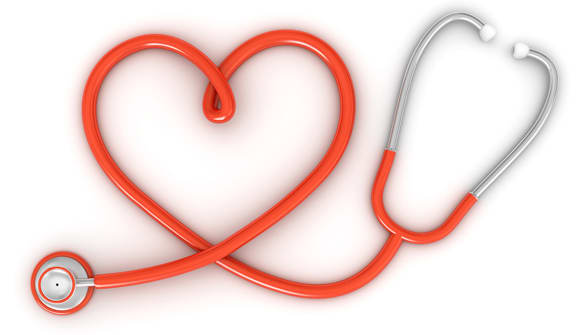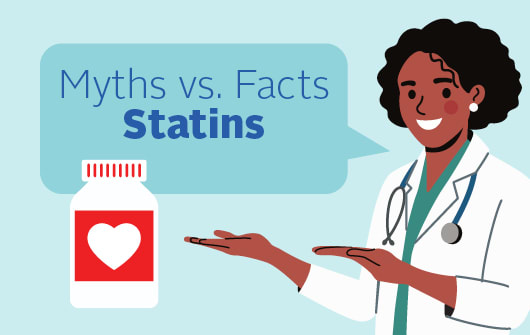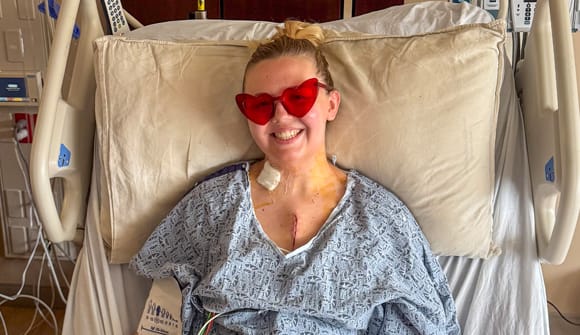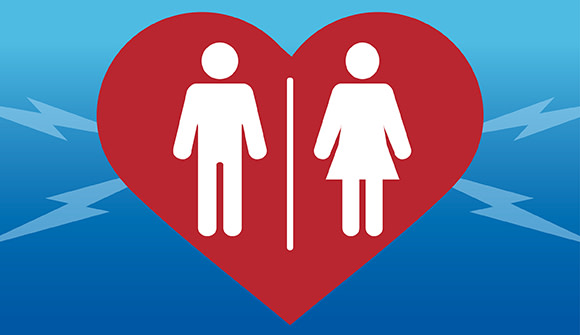A heart-to-heart about sleep
Does napping provide the same benefits as a good night’s slumber?
Article Author: Beverly Wong-Ken
Article Date:

At some point, most everyone has indulged in a midday nap. A late night out or a day at the beach can leave anyone feeling drained and in need of some extra shuteye. However, excessive napping during the day could be taking a toll on your heart health.
Nura Festic, MD, sleep medicine specialist with Baptist Heart Specialists, explained the importance of a good night’s sleep for healthy hearts and why frequent napping could be a sign of an underlying issue.
Heart of the matter
It’s no secret that getting enough sleep can improve your mood and even increase your focus and productivity. But how does it impact your overall health, particularly your heart?
“Sleep is an essential part of our health and is crucial to physical, cognitive and emotional wellbeing,” said Dr. Festic. “Most adults require between seven and nine hours of sleep each night. Those who don’t get enough uninterrupted sleep are at a higher risk of developing high blood pressure, type 2 diabetes and obesity.”
Dr. Festic explained that many sleep disorders are directly correlated with cardiovascular risk factors.
“Sleep apnea, a disorder in which breathing repeatedly stops and starts, is one the most common,” Dr. Festic said. “This condition is correlated with several cardiovascular diseases including hypertension, atrial fibrillation, congestive heart failure and stroke. Symptoms of sleep apnea can include difficulty concentrating during the day and feeling fatigued and irritable.”
Nap trap
If you find yourself regularly napping during the day due to poor quality or lack of sleep at night, it might be time to ask yourself why. According to the professionals, difficulty sleeping is often derived from poorer overall health, and naps during the day aren’t enough to make up for that missed shuteye.
“Poor sleep at night and the urge to routinely take naps during the day could be indicative of a sleep disorder or other underlying health issue,” Dr. Festic explained. “The top reasons for excessive daytime sleepiness are insufficient sleep, commonly caused by insomnia, and poor sleep quality, commonly caused by sleep apnea. Both conditions can influence problems with the heart.”
Trust the professionals
While sleep disorders are a common cause of poor sleep, certain lifestyle choices can also lead to restless nights. A few measures you can take on your own to try and get better sleep include exercising during the day, getting on a regular sleep schedule and limiting screen time and caffeine.
“The first step is to identify the cause for sleep difficulty,” said Dr. Festic. “Insufficient sleep is a public health epidemic, with 70 million adults suffering from sleep disorders, and an estimated 35% of the U.S. population not getting the minimum recommended sleep duration of seven hours. If you have symptoms of a sleep disorder or have tried behavioral changes and still can’t get a good night’s rest, my advice is to seek evaluation from a sleep medicine specialist.”
If you’re having trouble sleeping, Sleep Centers at Baptist Health offer extensive experience in diagnosing and treating sleep disorders. To learn more, call 904.202.1632.



